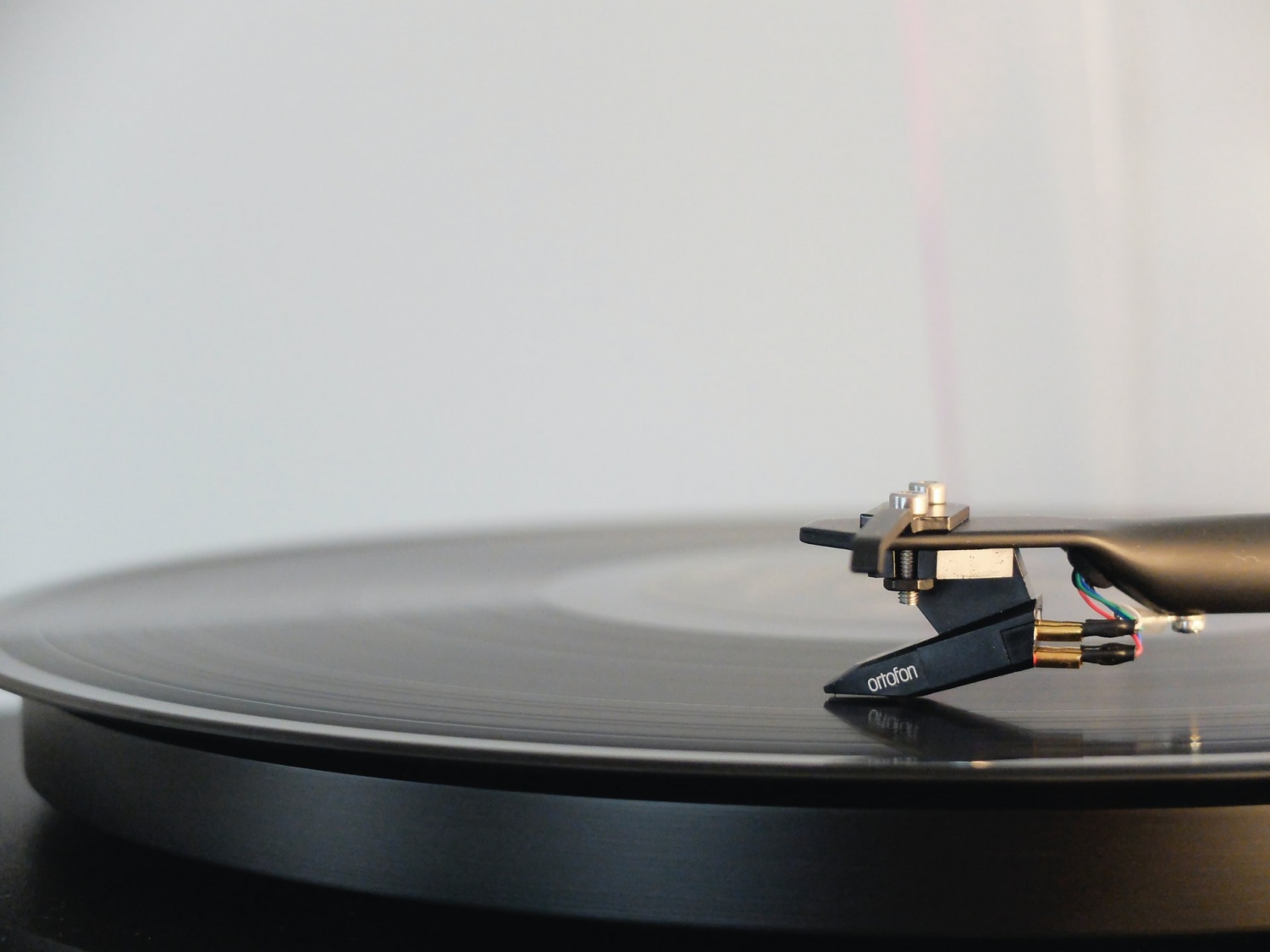
If you are a producer of video content, of any kind, you will want to learn as much about royalty-free music as possible.
As you look to support the visual productions you produce with a professional soundtrack, you'll come across a number of obstacles that can seriously hinder your progress and take a massive chunk from your budget.
With royalty-free music you'll be one step closer to a more purpose-built solution to the scoring of your film or video projects. This guide will help you understand how royalty-free music works, what it can do for you and why it's far superior to any other options available.
So, what is Royalty-Free Music?
Royalty-free music is music, and sometimes sound effects, that are provided by an operator that you subscribe to on a monthly or annual basis. The music you download is available for use on your projects and does not require additional licensing or permissions.
The music is the work of singers, artists, DJs, bands and musicians that are aligned to a particular provider and the amount of tracks and samples available to you is immense and categorized in easy to navigate libraries.
This content is of the highest quality and provides you with a near-infinite resource to use as the soundtrack to your film or video production. Whatever your project, be it a feature film or a commercial, you'll find what you are looking for as the music is sorted into specific genres and types.
Royalty-free music is commonly used by professionals in the film industry as well as social media influencers and those who shoot films recreationally.
Great musicians of all varieties elect to run their music via these services as it provides a good income for them as well as the possibility of mass exposure when used on the projects of those who are signed up to the relevant service provider.
Why Don't I Just Use Existing Mainstream Music?
Well, to be honest your budget probably won't cover the expense of doing so. If you happen to really like an existing track, maybe a famous piece of music or a big hit that was recently released, and want to use it in your production then you should be ready for many obstacles preventing that from becoming a reality.
Firstly you'll need to establish who holds the rights to the recording, and that could be multiple parties, and you'll have to pay a large sum to clear it. Secondly, on many occasions that won't be enough either as some artists just won't give you the relevant permissions, especially if you are not a world-renowned filmmaker.
Finally it's arguable that using a recognized song in your production is a little lazy and might not actually suit the scene or film you are hoping to use it for. By actively looking for the best music for your project, as opposed to just using a song you happen to like, you are changing the equation.
If you actively look for, and find, the right music for the visuals you are matching it to, this is an exercise in marrying the two together perfectly. Rather than hoping that a well-known song fits just because it's well-known.
Is There a Way Around Licensing and Copyright?
No. Some may look to illegally use music without getting the relevant license and that doesn't end well. Technology exists today that can isolate and find music played, especially when online, within a matter of minutes. If you have been found to have illegally used music in this fashion, you'll be punished.
At best you'll just see your social media assets deleted, if the infraction occurred in those spaces, at worst you'll be hit with a massive financial penalty and could even face jail time for multiple offences.
Some may argue that there is the possibility of using music that is without copyright or that's available in the public domain, but such an argument is more than just a tad disingenuous.
The amount of music offered in these tranches is miniscule and, in the case of music that has seen it's copyright expired, in most cases isn't suitable. This is because it tends to cover music that is at least 75 years old and even then, may not be free to use in all circumstances, such as in commercial use.
Where is the Best Place to Get Royalty-Free Music?
The number of providers operating in the royalty-free music market is growing rapidly, which is a sign of the popularity and effectiveness of the product, but one brand stands head and shoulders above the rest. Artlist is well-known even by those who have no knowledge of the service they provide.
Any search of reviews of the brand shows that the vast majority of those signed-up to the company are very happy with the level of quality (in both the technical and creative aspects) of the music offered.
The size of their databases is unmatched and the packages offered are well priced and fit for purpose. In other words, you can get packages that cover music and/or sound effects, and the depth of top-notch material all round is very competitive when compared to their rivals.
* This is a contributed article and this content does not necessarily represent the views of musictimes.com













